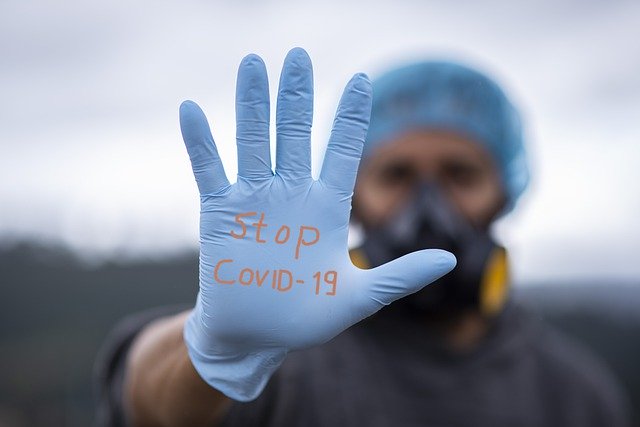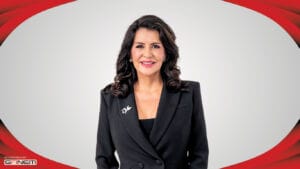COVID-19 cases in Arizona may have reached a plateau after a deadly two-month surge, one expert said Wednesday, but that does not mean the pandemic is under control.
Dr. Joshua LaBaer, executive director of Arizona State University’s Biodesign Institute, noted that the number of confirmed new cases of the virus dropped from a peak of nearly 12,000 cases on Jan. 4 to 5,918 on Wednesday – good news, but not cause for celebration.
“At the very peak we were probably running at 140 mph, we backed that off now to maybe 120 mph,” LaBaer said, comparing the disease to a speeding car. “Still way too fast in terms of new cases per day, but not as bad as it was.”
READ MORE: Arizona ramps up COVID-19 vaccines with new sites, eligibility
Will Humble, executive director of the Arizona Public Health Association, echoed LaBaer, saying Wednesday that he “wouldn’t call this a decline, I would say we’re not accelerating anymore. If we see this for another week we can call it a deceleration.”
Their comments come as the number of confirmed COVID-19 cases in the state hit 738,561, while the number of Arizonans killed by the disease reached 12,643 died, according to the latest numbers from the Arizona Department of Health Services.
They also come as COVID-19 became the leading cause of death in Arizona, killing more people since last February than either cancer or heart disease did in 2018, the most recent year for which mortality data is available from the state. Cancer and heart disease are typically the top two killers in the state.
Hope arrived last month in the form of two vaccines that have been shipped to states across the country. President Joe Biden on Tuesday vowed to increase the number of vaccines shipped to states each week, from the current 8.6 million doses a week to 10 million. Along with more vaccine, he said, local officials can also expect improved communication with federal officials.
“States, tribes and territories will now always have a reliable three-week forecast on what … supply they’re going to get,” Biden said in response to reporters’ questions at an event Tuesday to unveil his administration’s plans to fight the disease.
Biden also said his administration expects an additional 200 million doses of both the Pfizer and Moderna vaccine will arrive some time this summer. That would increase the total vaccines ordered to 600 million, enough to fully vaccinate 300 million Americans.
Arizona officials said Wednesday that they have administered 518,125 doses of vaccine so far, and that 79,026 people have received the necessary two doses to protect them from the virus.
Despite the increasing number of vaccinations in the state, Humble thinks it will take some time before there is a noticeable drop in the number of new infections. He does think that COVID-19 hospitalizations will slow down as people in high-risk categories are immunized. Just 8% of intensive care unit beds in the state were open as of Tuesday, according to AZDHS, with 57% of beds occupied by COVID-19 patients.
The state recently lowered the age limit for people to get on the priority list for the vaccine, dropping it from 75 to 65 years old. But Humble fears that could backfire and “elbow out older people” who may be less comfortable using the state website required to make a vaccination appointment. That could end up allowing younger people to take available doses from older people, he said.
While the numbers of new cases start to flatten, and more doses of vaccine become available, overworked hospital workers will be waiting to see if they get a much-needed break in the near future.
“We have been at this for months, our health care staff are tired,” said Ann-Marie Alameddin, president of the Arizona Hospital and Healthcare Association.
She stressed that vaccinations are the best way to end the pandemic and is encouraged that the federal government will be able to get more “shots in the arms of Arizonans.” But Arizonans have to help, said Alameddin, adding that health care workers are depending on people to follow health guidelines to mitigate the spread of the virus.
“Everybody has to do their part, wear a mask, social distance and get a vaccine when you can,” Alameddin said. “We can’t do this alone.”
Story by Ryan Knappenberger, Cronkite News




